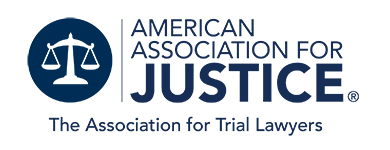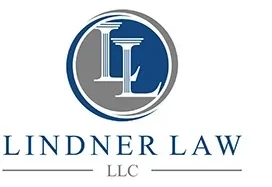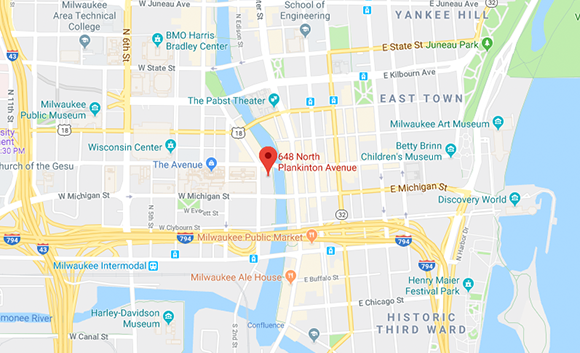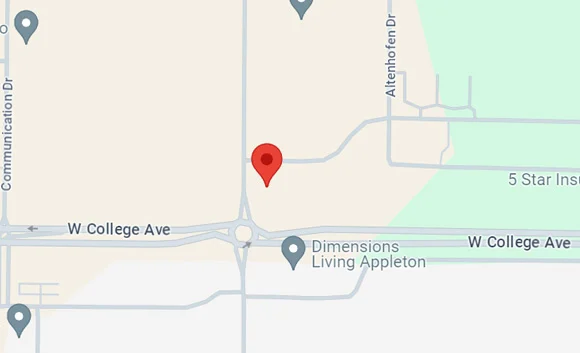If you’ve ever gone to a trampoline park, signed up for a gym membership, enrolled your child in a summer camp, or joined a recreational sports league, you’ve probably signed a liability waiver. These forms usually include dense legal language and are often presented as a condition of participation.
Some individuals think that signing these waivers means they cannot sue under any circumstances.
But that’s a myth.
In Wisconsin, the law doesn’t automatically shield businesses or organizations just because you signed a waiver. While these documents can have some legal weight, they do not give companies a blank check to ignore safety or act negligently.
What Is a Liability Waiver?
A liability waiver is a written agreement in which one party (usually the customer) agrees not to hold the other party (usually a business) legally responsible for injuries or damages that may occur. You might also hear them called:
- Release of liability forms
- Hold harmless agreements
- Assumption of risk agreements
- Exculpatory Contracts
These documents are intended to protect businesses from lawsuits if someone is injured while participating in an activity. In Wisconsin, however, the law does not favor these agreements. Wisconsin Courts carefully examine these waivers, and they frequently do not withstand legal scrutiny when injuries result from negligence.
Wisconsin Courts Are Cautious About Enforcing Waivers
Unlike some other states, Wisconsin courts are skeptical about broad waivers that seek to eliminate legal accountability. Courts here follow the general rule that liability waivers are disfavored and interpreted narrowly.
The Courts apply two general rules when determining whether to enforce a liability waiver: (1) the waiver must clearly, unambiguously and unmistakably inform the signer of what is being waived and (2) the form, looked at its entirety, must alert the signer to the nature and significance of what is being signed.
For example, a court may still allow you to pursue a lawsuit if:
- The waiver is overly broad or vague
- The waiver language is confusing or difficult to understand
- The waiver language is too small and difficult to read
- The injured party was not properly warned about the risk
Wisconsin Courts also refuse to enforce liability waivers if they violate public policy, such as if the business was grossly negligent or acted recklessly or if the activity involved a minor child.
So, just because a waiver was signed doesn’t mean your case is over.
Examples of When You May Still Be Able to Sue
Here are a few real-world scenarios where Wisconsin courts might allow an injury claim to move forward, despite a signed waiver:
- Negligent Supervision at a Gym
In instances where a fitness facility neglects to maintain its equipment or fails to adequately oversee a group workout, leading to an injury, the court may determine that the waiver is unenforceable. Businesses still have a duty to act reasonably, and waivers cannot excuse gross neglect.
- Unsafe Conditions at a Children’s Camp
While many youth programs ask parents to sign waivers, these documents don’t automatically protect the organization if the injury occurred due to dangerous or poorly maintained facilities. Courts are particularly cautious when children are involved.
- Injuries Caused by Reckless Conduct
Courts may refuse to uphold waivers protecting instructors or employees from liability if they recklessly ignore safety protocols or expose participants to harm.
Can a Waiver Ever Be Valid in Wisconsin?
Yes. In some cases, a waiver may limit or prevent a lawsuit, particularly when:
- The activity involves known risks (e.g., skiing, skydiving, or contact sports)
- The waiver is written clearly and specifically outlines those risks
- The person signing the waiver is an adult and understands what they’re signing
- The injury is directly related to the assumed risk, not negligence
Even then, each case must be evaluated individually. Just because a waiver looks valid doesn’t mean it will hold up in court — especially if the business failed to meet its basic obligations for safety.
What If a School, Sports League, or Employer Had Me Sign a Waiver?
Many groups, such as schools, sports leagues, and employers, use waivers routinely. However, these do not guarantee immunity from liability.
In Wisconsin:
- Minors cannot legally waive their right to sue. A parent may sign a waiver on behalf of a child, but that document may not hold up if the organization was negligent.
- Schools and youth organizations can still be held liable if they failed to provide reasonable supervision, ignored hazards, or violated safety standards.
How Do Courts Decide If a Waiver Is Enforceable?
Wisconsin courts look at several factors when deciding whether to enforce a liability waiver. These include:
- The clarity of the language: Was it understandable, or full of legal jargon?
- The scope of the release: Did it try to waive too much responsibility?
- The setting in which it was signed: Was there time to read and understand it?
- The behavior of the party seeking protection: Did they act reasonably or negligently?
If the court finds that the waiver is too vague, overly broad, or attempts to excuse serious misconduct, it will likely be declared invalid.
What Should You Do If You Were Injured After Signing a Waiver?
Even if you signed a waiver before your injury, don’t assume that you can’t take legal action. You should:
- Get medical treatment right away. Your health is the top priority.
- Save the waiver you signed. If possible, get a copy if one wasn’t provided.
- Document the injury and conditions. Take photos, write down what happened, and talk to witnesses.
- Contact a personal injury attorney. An experienced lawyer can evaluate the waiver, assess your case, and help you determine whether you can still file a claim.
How Lindner Law, LLC Can Help
At Lindner Law, LLC, we’ve successfully represented clients who thought they had no legal recourse because they signed a waiver. We understand how Wisconsin courts analyze these cases and how to challenge waivers that overreach or violate public policy.
When you work with us, we will:
- Review the waiver language
- Investigate the circumstances surrounding your injury
- Determine whether negligence or misconduct occurred
- Fight for full compensation for your medical bills, lost income, and suffering
We offer free consultations, and you don’t pay unless we recover money for you.
Don’t Let a Waiver Stand Between You and Justice
If you’ve been injured and believe you signed away your rights, don’t give up. Liability waivers do not provide absolute protection and may not shield businesses from the repercussions of their negligence.














